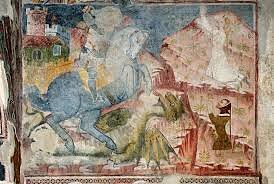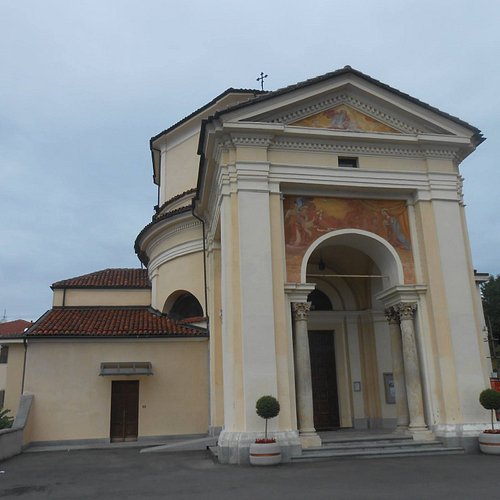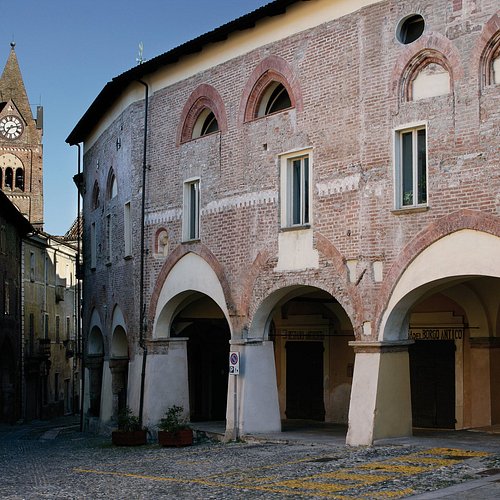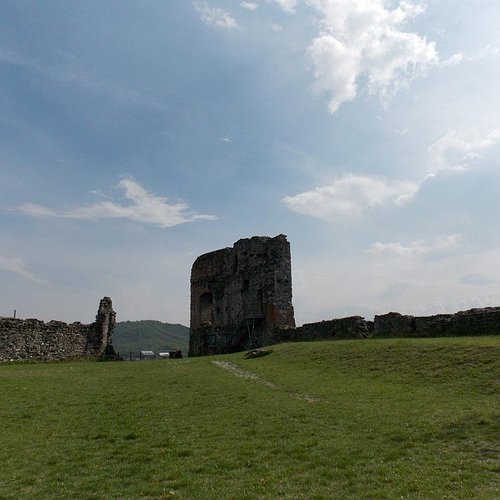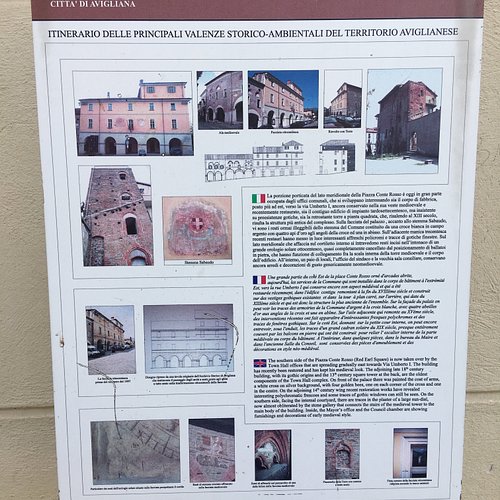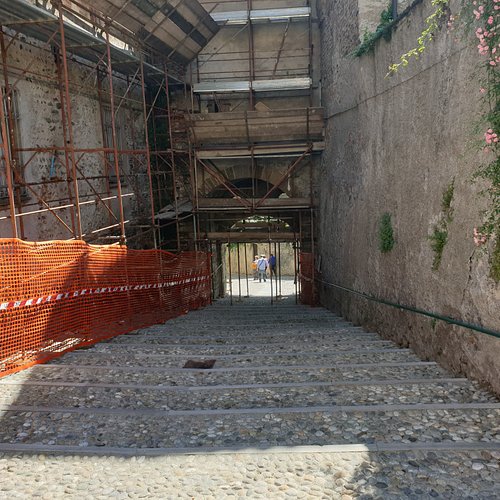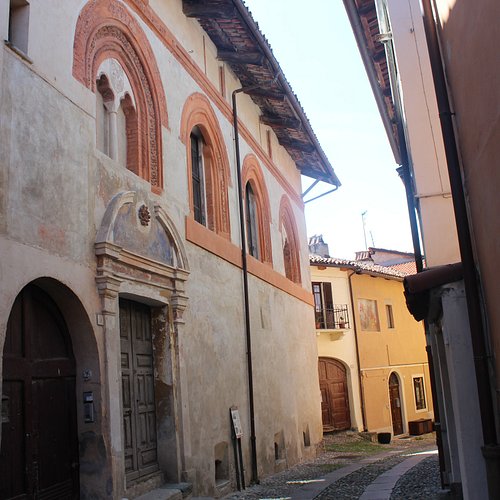Top 10 Sights & Landmarks in Avigliana, Piedmont
Discover the best top things to do in Avigliana, Italy including Chiesa di San Pietro di Avigliana (XII sec.), Santuario della Madonna dei Laghi o dei Cappuccini, Centro Storico di Avigliana, Avigliana's castle, Torre dell'Orologio, Chiesa di San Giovanni, Palazzo del Municipio, Casa Cantamerlo, Porta San Giovanni, Oratorio del Gesu.
Restaurants in Avigliana
1. Chiesa di San Pietro di Avigliana (XII sec.)
2. Santuario della Madonna dei Laghi o dei Cappuccini
3. Centro Storico di Avigliana
Overall Ratings
4.0 based on 288 reviews
Do you know that just few steps form Piazza Conte Rosso, a cannonball from XVII century got stuck into a wall of one of the old buildings? That above a stone column of one of the most precious houses, a cheeky child is pulling faces to the passers-by? That in the prisons of its castle the rebel prince Amedeo d'Acaja of the house of Savoy was confined, and that his spirit is said to still wander in the mists of the lake where he drowned? Park your car in the areas indicated on the map, and set out to find those pecultiarities: you will be surprised by the beauty of the old town, with his heart in Piazza Conte Rosso and in the ruins of the castle above. The information boards along the way will familiarize you with Avigliana's history, its old places, beautiful churches, the Clock Tower, the ancient town gates. Decide for yourself where you wish to start the tour indicated on the map: whether you are arriving by train or are you coming from the lakes. After that, take your time to stroll the narrow alleys: walk slowly and discover ist hidden beauty!
4. Avigliana's castle
Overall Ratings
4.0 based on 42 reviews
It was probably built by the Marquesses Arduinici of Turin (it was probably Arduino the Hairless who built the first settlement of "Castrum Avilianae") on the top of Mount Pezzulano at the beginning of the XIth century. This castle was a seat for the royal court and as such it was used by the Counts of Savoy at least from 1137. In the XIIth century Emperor Frederick (Redbeard) destroyed the castle and burnt the town and his son Henry VI brought new destructions at the end of the same century. Thomas of Savoy rebuilt the castle in 1189 and since then it became the residence of an important lord of the Count of Savoy. In 1691, after conquering it, the French Marshal Catinat got it definitively demolished, leaving the remains we see nowadays.

